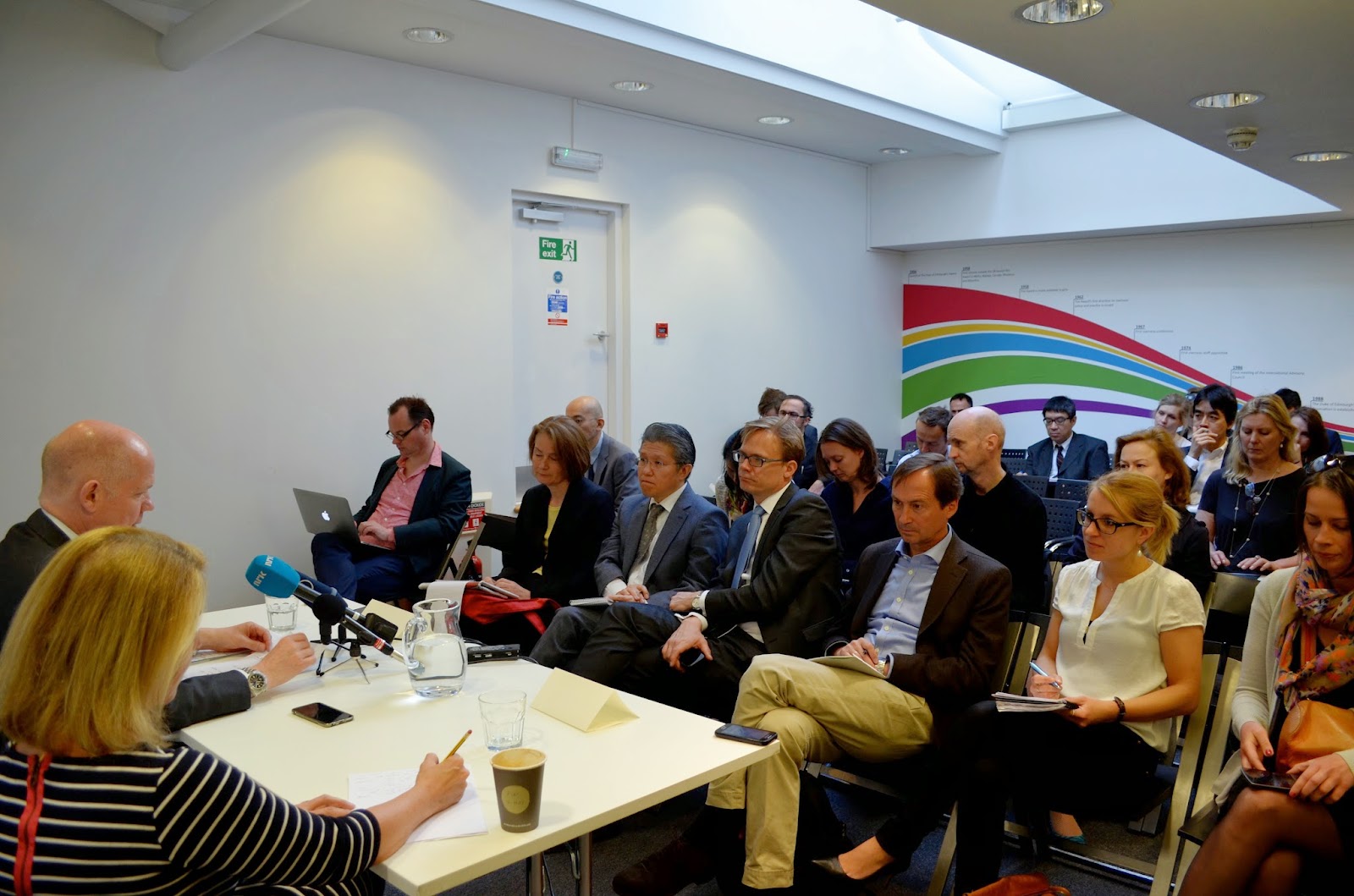 |
| Mark Boleat, City of London Corporation. Photo: Policy Exchange/flickr commons |
Britain's financial sector is unlikely to be unsettled by any of the possible outcomes of next week's general election, Mark Boleat, Policy and Resources Chairman of the City of London Corporation, told FPA members.
Boleat said that the City of London Corporation are in contact with all the main political parties and willing to work with whoever wins on May 7th.
“We'll be looking for a government that manages the economy competently.” On Ed Miliband’s credentials as future prime minister, he said: “Only time will tell. He’s had a very good campaign.”
Boleat argued that both the public and UK business were clear that the UK should remain part of the EU, adding that the real debate was confined to within the Tory party. Boleat confidently predicted the UK will remain within the EU, but noted that a Labour victory next week could result in a more eurosceptic Conservative party.
When asked about immigration, Boleat said “there’s a need for a better quality of debate on this.” Business leaders felt this government should not be evicting foreign students when they graduate, he said, just as they reach the point when they can contribute to the economy.
Secondly, he said business often felt constrained by tight immigration restrictions which meant they struggled to bring in expertise from abroad at short notice.
On inequality in Britain, Boleat said “the solution is not to tax everyone heavily it is to help them earn.” He argued that people will always say there is growing inequality even when there isn’t much evidence.
When asked about whether too much power was concentrated in London, Boleat replied: “What is good for London is good for the rest of the country. I know it's tempting to think London sucks resources from the rest of the country – it's not true.”
He pointed out that there are more financial services jobs outside London than inside. “Cities are where the growth is,” he insisted.
He also argued that both Labour's plans to scrap the 'non-dom' tax status and the prospect of Greece leaving the Eurozone would have little impact on the City of London.







